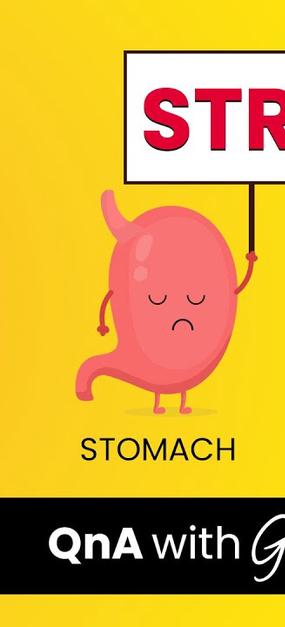Introduction
In today’s fast-paced and demanding world, stress has become an all too common companion. Whether it’s due to work pressure, personal challenges, or the constant barrage of information, stress can take a toll on our mental and physical well-being. However, by incorporating effective stress management techniques into our daily lives, we can regain control and lead healthier, more fulfilling lives. This ultimate guide will explore various strategies, tips, and techniques to help you navigate and conquer stress.
The Ultimate Guide to Stress Management Techniques
1. Deep Breathing Exercises
One powerful way to alleviate stress is through deep breathing exercises. By taking slow, deep breaths and focusing on your breath, you can activate the body’s relaxation response. Start by finding a quiet space where you can sit or lie down comfortably. Close your eyes, inhale deeply through your nose, and exhale slowly through your mouth. Repeat this process several times, allowing each breath to become deeper and more relaxed. Deep breathing can help calm your mind, reduce tension, and promote a sense of overall well-being.
2. Mindfulness Meditation
Another effective technique for managing stress is mindfulness meditation. Mindfulness involves paying attention to the present moment without judgment. Find a peaceful spot where you can sit comfortably and close your eyes. Begin by focusing on your breath, letting go of any thoughts or worries that arise. As you practice mindfulness regularly, you’ll cultivate a greater sense of awareness and develop the ability to respond to stressors with clarity and calmness.
3. Physical Exercise
Engaging in regular physical exercise is not only beneficial for your physical health but also plays a crucial role in stress management. Exercise releases endorphins, the body’s natural mood elevators, which can help reduce stress and promote a positive outlook. Find an activity you enjoy, whether it’s jogging, swimming, dancing, or practicing yoga. Aim for at least 30 minutes of moderate-intensity exercise most days of the week to experience the full benefits.
4. Time Management
Proper time management is key to reducing stress and maintaining a balanced lifestyle. Start by prioritizing your tasks and setting realistic goals. Break down larger tasks into smaller, more manageable ones, and create a schedule or to-do list to help you stay organized. Learn to delegate responsibilities when possible and say no to additional commitments that may overwhelm you. By effectively managing your time, you can alleviate stress and create more room for relaxation and self-care.
5. Healthy Lifestyle Habits
Maintaining a healthy lifestyle can significantly impact your ability to manage stress. Ensure you get enough sleep each night, as sleep deprivation can exacerbate stress levels. Eat a balanced diet rich in fruits, vegetables, whole grains, and lean proteins to provide your body with the nutrients it needs to function optimally. Limit your intake of caffeine and alcohol, as they can contribute to feelings of anxiety and restlessness. Additionally, consider incorporating stress-reducing activities into your routine, such as listening to music, reading, or spending time in nature.
Conclusion
Stress is a part of life, but it doesn’t have to dominate or control us. By implementing the various stress management techniques explored in this ultimate guide, you can regain control over your well-being and lead a more balanced, fulfilling life. Remember to prioritize self-care, seek support when needed, and embrace the power of stress reduction techniques. The journey to a stress-free life starts with taking the first step and committing to your well-being.


















